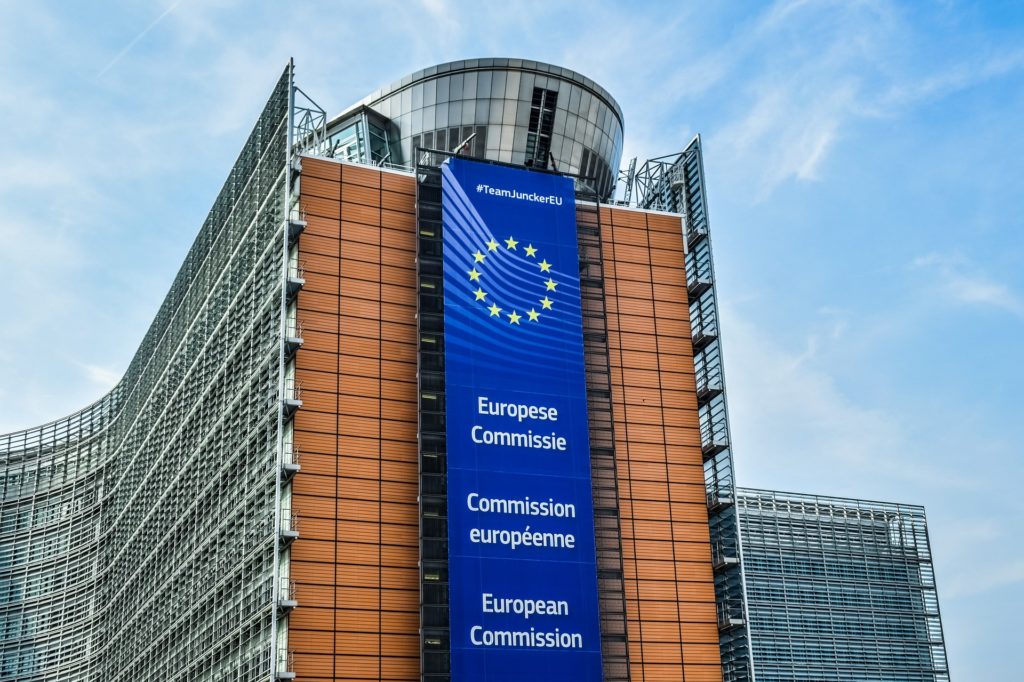
Major European solar developers have called on the European Union (EU) to develop a PV supply chain strategy to avoid cost increases and disruption to projects, with the group calling for 20GW of manufacturing capacity by 2030.
In a letter to European Commission (EC) President Ursula von der Leyen, other senior EC leaders and European heads of states, the letter said developing a “European strategy for the solar PV value chain” was necessary to “achieve the objectives of the European Green Deal set by the EC.”
Try Premium for just $1
- Full premium access for the first month at only $1
- Converts to an annual rate after 30 days unless cancelled
- Cancel anytime during the trial period
Premium Benefits
- Expert industry analysis and interviews
- Digital access to PV Tech Power journal
- Exclusive event discounts
Or get the full Premium subscription right away
Or continue reading this article for free
It said that “if the right actions are taken in a timely manner” the EU could see a 20GW manufacturing capacity by 2030, adding that “industrial interest is there”, with 2GW of cell manufacturing, financed mostly from the private sector, already redeveloped in Europe.
The European Commission has launched a public consultation on solar energy on the continent as it continues preparations to publish its solar strategy later this year.
The signatories – BayWa r.e., EDF Renewables, Enel Green Power, ENGIE, Iberdrola Renewables, Amarenco, Akuo Energy and Vattenfall Solar – lamented European divestment from “most strategic steps of the solar PV value chain.”
“Most of the EU project developers rely on a limited number of suppliers, with significant concentration in a limited number of countries outside Europe,” said the letter.
Although “there is no sign that such a cooperation will stop tomorrow”, the signatories said recent convulsions in the market, such as “the 400% increase of polysilicon costs or the expected shortage of solar PV modules supply in 2022” could cause serious disruption to the EU’s decarbonisation agenda.
Last year the EC included solar manufacturing as one of 14 industrial areas the bloc is looking to support through specific mechanisms, a commitment which was lauded at the time by trade body SolarPower Europe.
“Allowing access to a diversified supply of components in the medium term is necessary to ensure a healthy competition among manufacturers, sustain a continuous innovation cycle, improve the sustainability of the supply chain and strengthen the resilience of the industry in case of future shocks,” read the letter.
It pointed to India and the US as countries that have “already identified the solar PV industry as strategic and are reinvesting into domestic manufacturing”, adding that Europe had a strong foundation on which to follow suit.
The developers also called on the EC to be more ambitious in it targets in order to reach net zero. The EC expects around 479GW of solar PV installed in 2030 but “current market trends show that Europe will exceed that capacity before 2030”, they said, citing research from SolarPower Europe.
“And we can go much higher: to be on track of climate-neutrality, Europe will have to install 870GW by 2030. The undersigning companies, Europe’s major solar and renewable developers, are ready to deploy solar at a faster pace.”
PV Tech Premium explored what is necessary to re-establish Europe as a destination for PV manufacturing in October last year.






